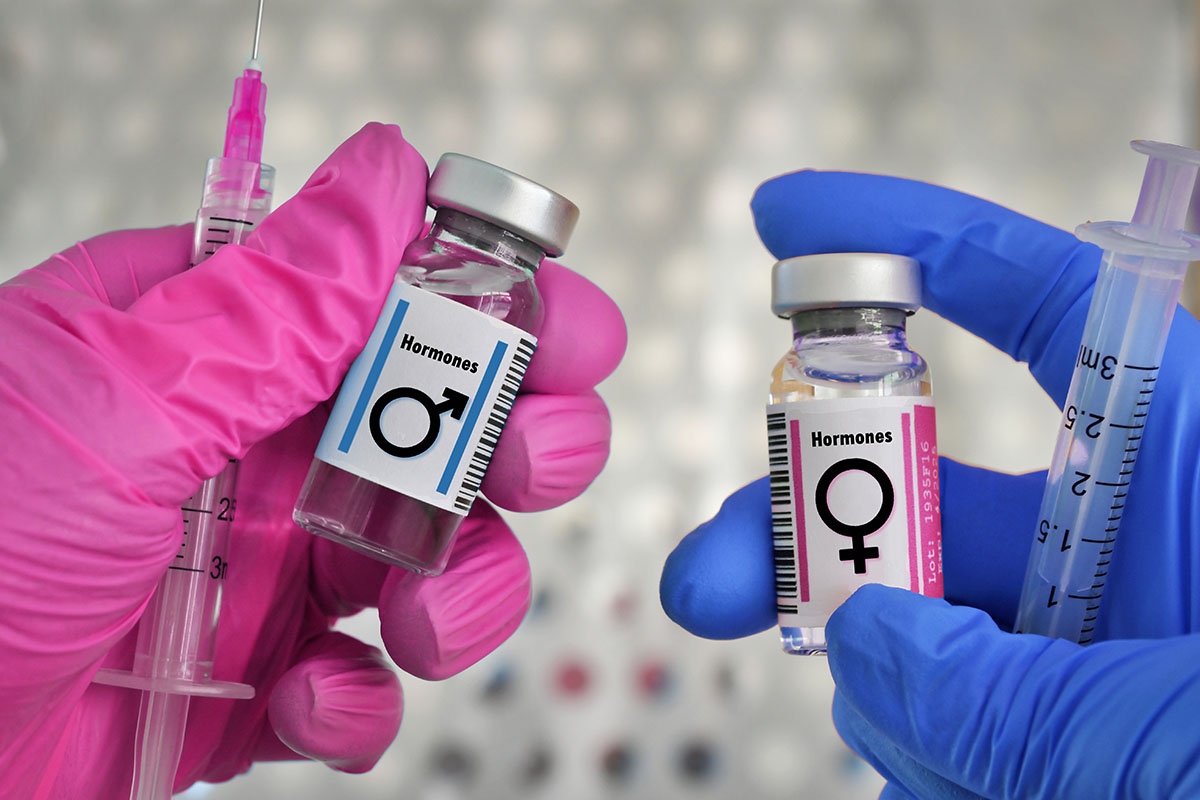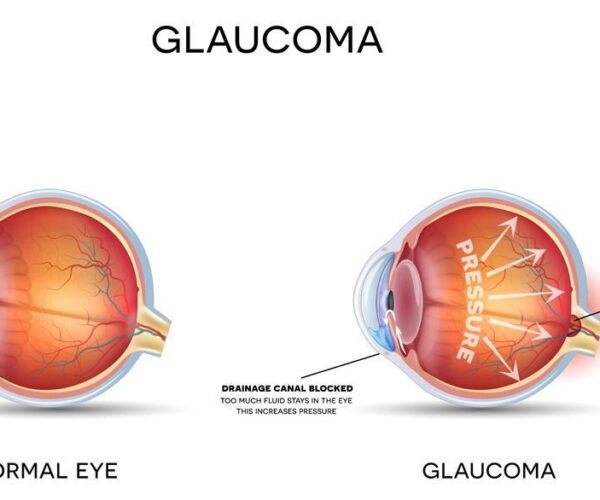What is Testosterone Therapy?
Testosterone therapy involves the administration of testosterone to increase its levels in individuals, typically men, who have low testosterone due to various reasons such as aging, medical conditions, or injuries. This therapy is often provided through injections, patches, or gels.
Benefits of Testosterone Therapy
- Improves mood and energy levels: Patients often experience a significant improvement in their overall mood and vitality.
- Enhances muscle mass and strength: There is a notable increase in muscle mass and physical strength, aiding in overall body composition.
- Boosts libido and sexual function: Testosterone therapy can enhance sexual desire and performance, which can be beneficial for those experiencing a decline in sexual health.
Potential Risks and Side Effects
While testosterone therapy can offer numerous benefits, it is not without risks. Potential side effects include:
- Increased risk of cardiovascular diseases: There is a potential for higher risk of heart-related issues.
- Elevated red blood cell count: This can lead to complications such as blood clots.
- Mood swings and aggression: Some individuals may experience changes in mood and increased aggression.
It is crucial for clinics like MensTclinic to monitor patients regularly to mitigate these risks effectively.
The Role of Blood Work in Testosterone Therapy
Blood work plays a crucial role in the management and effectiveness of testosterone therapy. Regular monitoring through blood tests helps ensure the therapy is working as intended and assists in maintaining overall health.
Monitoring Hormone Levels
- Regular blood tests measure testosterone levels to ensure they are within a therapeutic range.
- Adjustments to the dosage can be made based on these results to optimize the therapy’s effectiveness.
Detecting Potential Health Issues
- Blood work can reveal early signs of side effects or complications associated with testosterone therapy.
- It is essential for detecting issues like polycythemia, a common condition where the body produces too many red blood cells.
Adjusting Treatment Plans
- Based on blood test results, healthcare providers at Huddle Men’s Health can modify treatment plans to better suit the patient’s needs.
- This personalized approach helps in managing any emerging health concerns and enhances the safety of testosterone therapy.
Types of Blood Tests for Testosterone Therapy
Complete Blood Count (CBC)
A Complete Blood Count (CBC) is crucial for patients undergoing testosterone therapy as it measures various components of blood, including red cells, white cells, and platelets. This test helps in monitoring the overall health and detecting disorders like anemia, which can be a side effect of testosterone therapy.
Lipid Profile
The Lipid Profile is another essential blood test for testosterone therapy patients. It measures cholesterol levels and triglycerides, which are critical for assessing cardiovascular health. Since testosterone therapy can influence lipid levels, regular monitoring is necessary to prevent heart-related issues.
Liver Function Tests
Liver Function Tests are conducted to ensure that the liver is processing hormones and other substances properly. Testosterone therapy can affect liver function, and these tests help in early detection of liver damage or disease, ensuring timely intervention and treatment adjustments.
For more detailed information on each test and its importance in testosterone therapy, visit [PeakTRT.com](https://www.peaktrt.com).
Optimal Frequency of Blood Tests
Initial Assessment
At the onset of testosterone therapy, an initial blood test is crucial to establish baseline hormone levels and overall health status. This comprehensive assessment helps in tailoring the treatment plan to individual needs.
During Treatment
Regular blood tests during treatment are essential to monitor the effectiveness of the therapy and to ensure hormone levels remain within a safe range. Leading providers recommend:
- Every 3 to 6 months during the first year of treatment.
- Bi-annual checks if the therapy stabilizes.
Long-term Monitoring
Long-term monitoring through periodic blood tests is vital for those continuing testosterone therapy over several years. It aids in:
- Detecting any long-term health issues that may arise.
- Adjusting the treatment plan as necessary to maintain optimal health and hormone balance.
Interpreting Blood Test Results
Understanding Normal Ranges
In testosterone therapy, understanding the normal ranges for blood test results is crucial. These ranges vary based on age, sex, and overall health. TRT Nation emphasizes the importance of knowing these benchmarks to assess whether the therapy is working effectively or if adjustments are needed.
Signs of Imbalance
Detecting signs of hormonal imbalance early can prevent complications. Key indicators include:
- Unusual changes in mood or energy levels
- Unexpected weight gain or loss
- Altered sleep patterns
- Fluctuations in libido
Recognizing these signs helps in timely intervention and treatment adjustments.
When to Consult a Healthcare Professional
Patients should consult their healthcare provider if blood test results are consistently outside the normal range or if symptoms of imbalance persist. TRT Nation advises regular consultations to ensure the therapy’s effectiveness and to make necessary adjustments based on the blood work.
Managing Side Effects Through Blood Work
Testosterone therapy, while beneficial, can sometimes lead to side effects that need careful management. Regular blood work plays a crucial role in this aspect, helping to mitigate risks effectively.
Identifying Side Effects Early
Early identification of side effects through routine blood tests can prevent complications. By monitoring parameters such as hematocrit levels, liver enzymes, and cholesterol, healthcare providers can detect signs of adverse effects before they become severe.
Adjusting Dosages
Based on blood test results, dosages of testosterone can be adjusted to optimize therapy while minimizing side effects. This tailored approach ensures that each patient receives the right amount of hormone supplementation necessary for their health condition.
Preventive Measures
Blood work not only helps in managing side effects but also in implementing preventive measures. For instance, if a patient shows elevated liver enzymes, a modification in lifestyle or medication might be recommended to protect liver health. Regular monitoring thus supports ongoing adjustments to both therapy and lifestyle to enhance overall treatment efficacy.
For more detailed guidance on managing side effects through blood work, readers can visit MensHealth.Com.
The Impact of Lifestyle on Testosterone Levels
Diet and Nutrition
A balanced diet plays a crucial role in maintaining optimal testosterone levels. Key nutrients such as zinc, vitamin D, and healthy fats are essential for testosterone production. Foods rich in these nutrients include fish, leafy greens, nuts, and seeds. Avoiding excessive sugar and processed foods can also help maintain hormone balance.
Exercise and Physical Activity
Regular physical activity, especially strength training and high-intensity interval training (HIIT), has been shown to boost testosterone levels. Consistency is key, as overtraining can lead to decreased testosterone levels due to increased stress hormones.
Stress Management
Chronic stress can significantly impact hormone levels, including testosterone. Effective stress management techniques such as mindfulness, meditation, and adequate sleep are vital for maintaining hormonal balance. Reducing stress not only helps in regulating testosterone levels but also improves overall health and well-being.
Patient Education and Responsibility
Educating patients about the importance of compliance with testosterone therapy is crucial for the success of the treatment. Patients should understand that adhering to prescribed blood work schedules and therapy protocols directly influences the effectiveness of their treatment and the management of potential side effects.
- Understanding Test Results: Patients must be educated on how to interpret their blood test results. This knowledge empowers them to actively participate in their health care decisions and understand the implications of their test results.
- Communicating with Healthcare Providers: Effective communication with healthcare providers is essential. Patients should feel comfortable discussing their concerns, changes in their condition, and any side effects they experience. This open line of communication helps in adjusting treatment plans promptly and accurately.
Patient education also involves directing individuals to reputable sources of information, such as Wikipedia, to further their understanding of testosterone therapy and its impacts.




